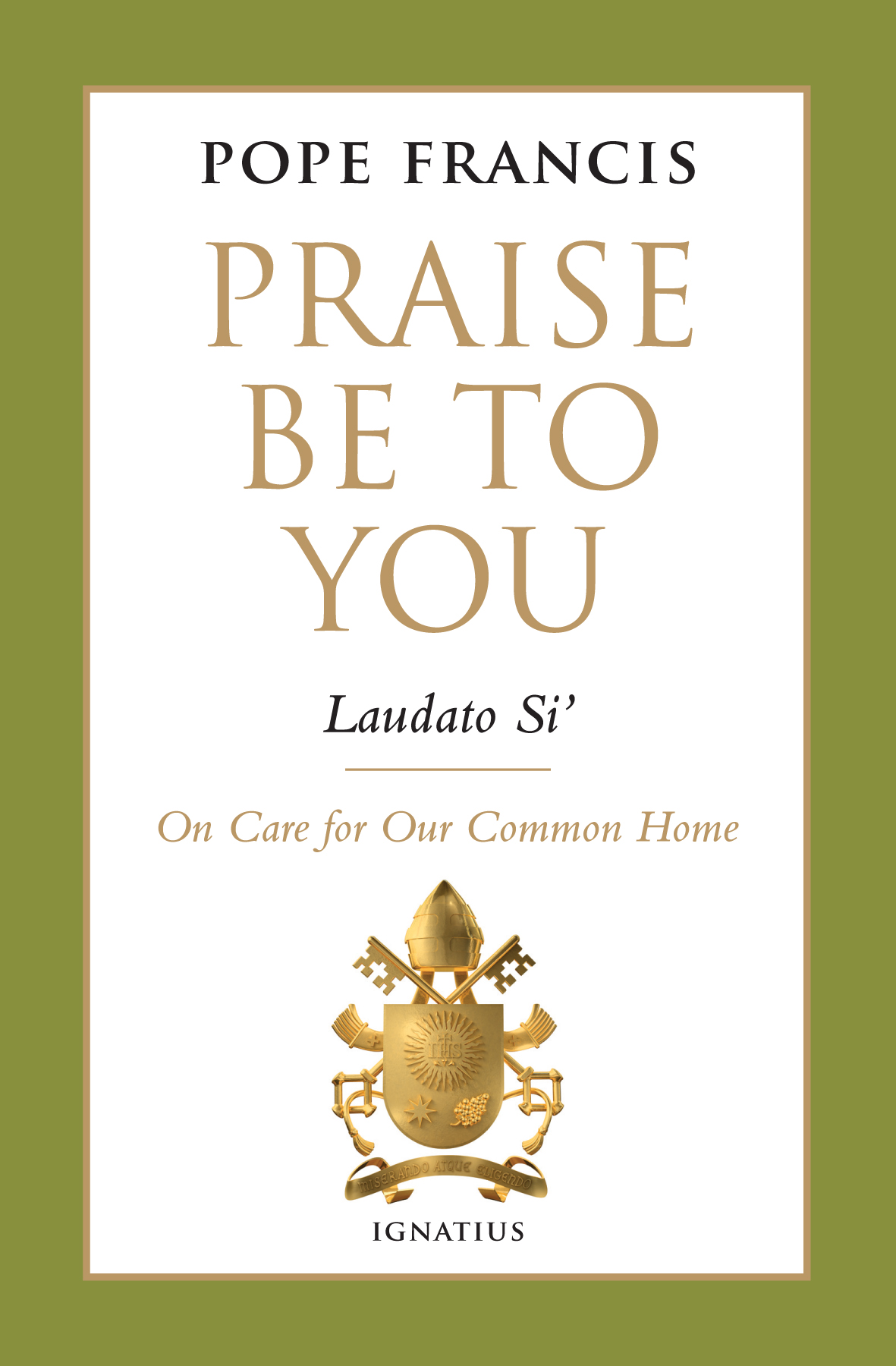 The encyclical is out. Laudato Si’ has had perhaps the most breathless build-up of any Church document in the past few decades. Having had the chance to read and reflect upon it, and given that I’m often thinking about writing and art, one aspect of the encyclical which struck home was Pope Francis’ insistence that an appreciation for beauty and art is important if we are to truly appreciate our role as stewards of creation. Actually, not just important—essential.
The encyclical is out. Laudato Si’ has had perhaps the most breathless build-up of any Church document in the past few decades. Having had the chance to read and reflect upon it, and given that I’m often thinking about writing and art, one aspect of the encyclical which struck home was Pope Francis’ insistence that an appreciation for beauty and art is important if we are to truly appreciate our role as stewards of creation. Actually, not just important—essential.
In this regard, “the relationship between a good aesthetic education and the maintenance of a healthy environment cannot be overlooked”. By learning to see and appreciate beauty, we learn to reject self-interested pragmatism. If someone has not learned to stop and admire something beautiful, we should not be surprised if he or she treats everything as an object to be used and abused without scruple. If we want to bring about deep change, we need to realize that certain mindsets really do influence our behaviour. Our efforts at education will be inadequate and ineffectual unless we strive to promote a new way of thinking about human beings, life, society and our relationship with nature. Otherwise, the paradigm of consumerism will continue to advance, with the help of the media and the highly effective workings of the market.
—Laudato Si, paragraph 215
When I read the encyclical the first time around, the writers who sprang to mind as saying many of the same things the Pope was saying were mostly novelists, poets, and those heavily involved in the arts: Wendell Berry, G.K. Chesterton, Stratford Caldecott, J.R.R. Tolkien.
A deep appreciation for the natural world seems to come along with an appreciation for tradition, beauty, and art. Archbishop Charles J. Chaput also picked up on this in his column on the encyclical, linking Tolkien and C.S. Lewis to the thoughts of Pope Francis:
Generations have delighted in Tolkien’s The Hobbit and The Lord of the Rings, and Lewis’ The Chronicles of Narnia and Space Trilogy. But what people often miss in the work of both men is their profound – and deeply Christian – love of nature and its creatures, and their equally deep distrust of man’s temptation to dominate and abuse; to treat creation as dead matter available for exploitation.
Read the Archbishop’s full column here.
This sentiment is also echoed in Fr. Thomas Dubay’s book Happy Are You Poor. “Laymen can do the Church and the world an immense favor if in their lives they replace consumerism with a concern for real beauty and so form their children,” he says. Beauty is not luxury—properly understood, it is just as essential to the soul as prayer and contemplation. Indeed, it is inseparable from prayer and contemplation, which is why great thinkers like Pope Benedict XVI have such great concern for the proper celebration of the liturgy. (Side note: Happy Are You Poor may be the book I’ve given away more than any other. It’s a life-changing work and if you are interested in trying to live out what Pope Francis says in Laudato Si’, it’s the best example I can think of for Catholics to read and learn from.)
It’s our hope at Ignatius Press that the novels we choose to publish are those which can help feed that desire for beauty and thereby open the reader to correct “thinking about human beings, life, society and our relationship with nature.” As the Pope says, everything is connected.

And also in connection with the idea of beauty and craft, we will be publishing an edition of this encyclical. As with all of our books, the physical product will be held to a high standard. Most of our books are printed here in the United States at an employee-owned printer in Michigan, where the emphasis is on small print runs of high-quality books. Almost of our books have sewn bindings rather than simply glued; this traditional method of sewing before adding the binding—softcover or hardcover—ensures that the book will have a very long shelf-life and withstand many readings without pages separating from the spine. Our books are aimed at permanence.
To see more reactions from those of us at Ignatius Press to this new encyclical, watch the video below, featuring Ignatius Press president Mark Brumley, founder Fr. Joseph Fessio, S.J., editor Vivian Dudro, and me.






Leave a Reply